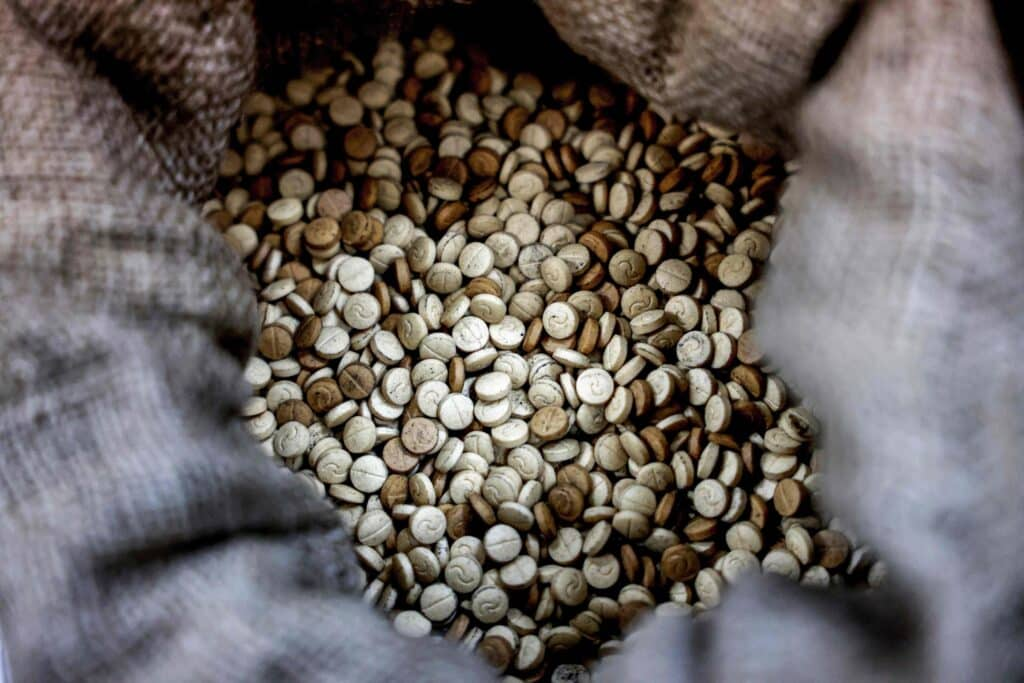
Latest Developments
Jordan conducted multiple airstrikes inside Syria on January 9, targeting Iran-linked narcotraffickers and their hideouts. The Royal Jordanian Air Force carried out three strikes against dealers in the towns of Shaab and Arman, near the Jordanian border. A fourth strike reportedly targeted a farm near the Syrian village of Malah. The air force carried out similar strikes against narcotrafficking operations in southern Syria on January 4.
Expert Analysis
“It may sound stark to say it this way, but Jordan is at war. Let’s add the Hashemite Kingdom to the list of all the other countries that have mobilized, in one way or another, since October 7. And to be clear: the enemy is the Islamic Republic of Iran. Through captagon, the regime seeks to destabilize Jordan. This is not lost on anyone. Except for maybe the Jordanians themselves, who continue to hammer Israel every chance they get instead of leveling criticism at their real adversary: Iran.” — Jonathan Schanzer, FDD Senior Vice President for Research
“Jordan played a key role in promoting the diplomatic rehabilitation of the Assad regime, thinking it would promote stability in the region. Now Jordan is learning that Assad never had any intention of acting more responsibly if the Arab world stopped treating him as a pariah. The Biden administration quietly encouraged the plan to rehabilitate Assad, barely bothering to enforce mandatory sanctions that Congress approved with bipartisan support. It’s long past time to turn the pressure back up.” — David Adesnik, FDD Senior Fellow and Director of Research
Syrian Narcotics Trade
The illicit narcotics trade serves as a primary source of revenue for the Bashar al-Assad regime in Syria. The production and trafficking of captagon, an amphetamine-like drug, has proven particularly lucrative — regional captagon seizures in 2021 were worth approximately $5.7 billion. From Syria, captagon is primarily trafficked overland through Jordan to the Gulf. Multiple relatives of the Syrian dictator are involved in narcotrafficking operations, as are Hezbollah and other Iran-backed militias.
The U.S. State Department released a congressionally mandated interagency strategy in June to combat the Syrian narco-trade. In March, the U.S. Treasury Department sanctioned eight individuals involved in “the production or export” of captagon. Treasury’s designations included Bashar al-Assad’s cousins Samer Kamal al-Assad and Wassim Badi al-Assad.
Jordan’s Escalating Drug War
Jordan has escalated its war against cross-border narcotrafficking operations in recent months. On January 6, the Jordanian military clashed with traffickers at the Jordan-Syrian border, killing five, capturing 15, and seizing 630,000 captagon pills. On December 18, Jordanian forces busted one of the largest smuggling attempts from Syria in years when dozens of Iran-linked traffickers attempted to breach the border with 5 million captagon pills, rocket launchers, mines, and other explosives. The Royal Jordanian Air Force subsequently launched airstrikes against drug targets in southern Syria.
